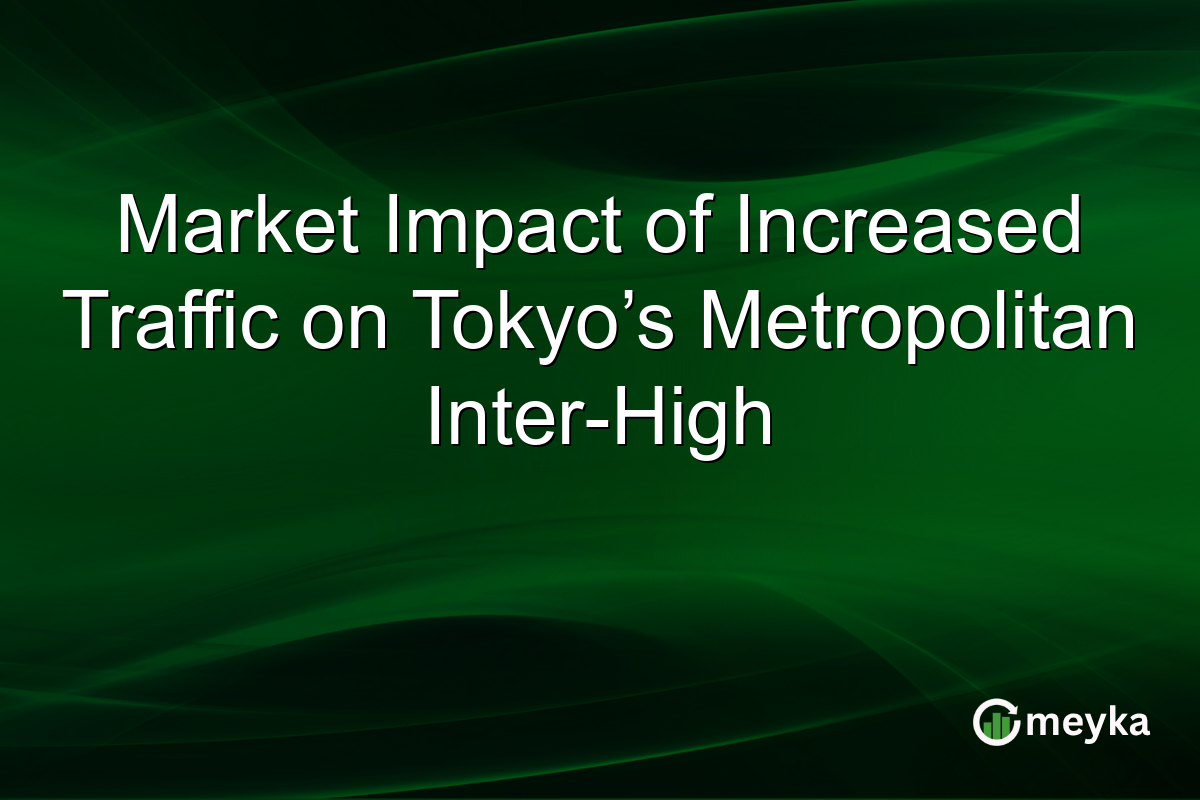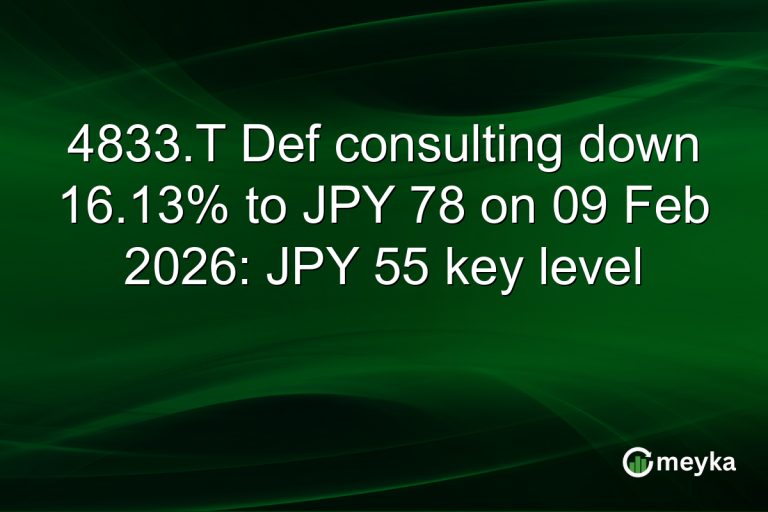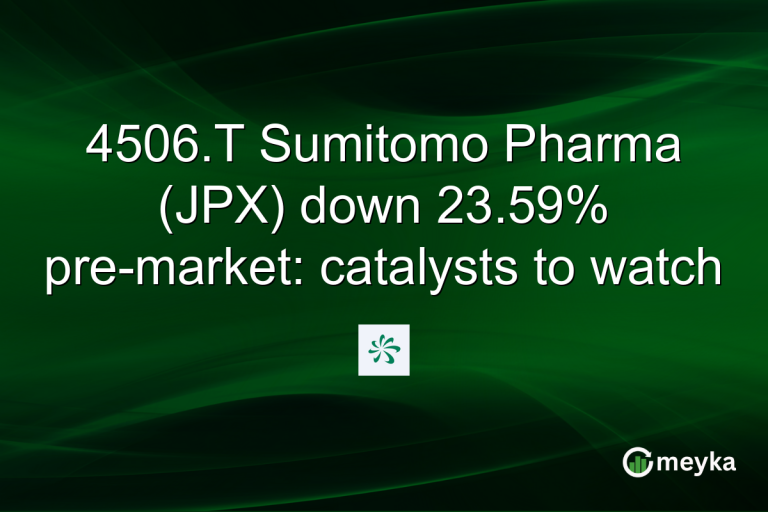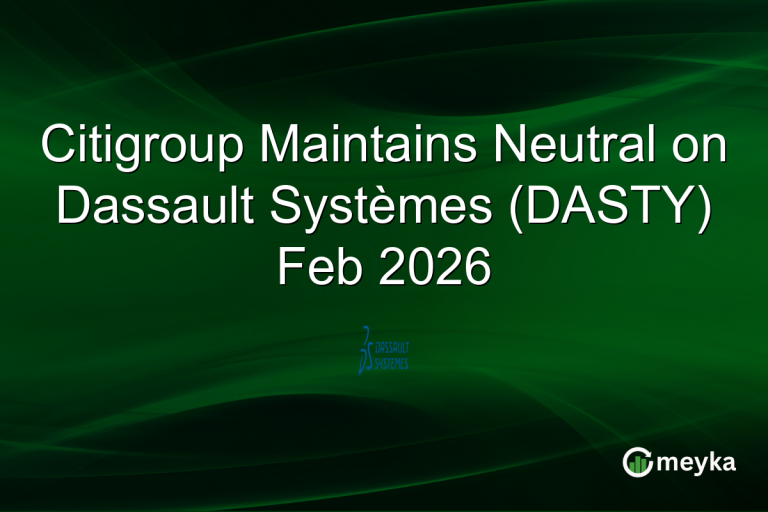Market Impact of Increased Traffic on Tokyo’s Metropolitan Inter-High
Tokyo traffic congestion is a growing concern, causing disruptions across the metropolitan inter-highways. Recent reports show increased congestion, affecting the Japanese economy significantly. These traffic problems not only delay transport but also disrupt business operations and logistics. As commuter productivity suffers, so does the overall economic efficiency, prompting questions about future economic impacts and infrastructure solutions.
Continue Reading on Meyka
This article is available in full on our main platform. Get access to complete analysis, stock insights, and more.
Read Full Article →





